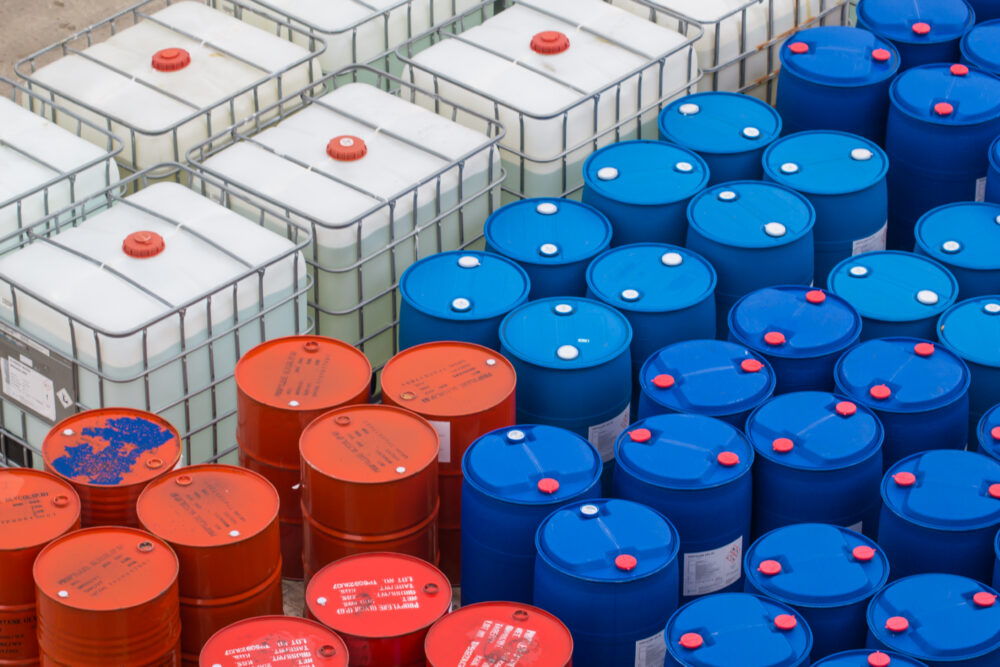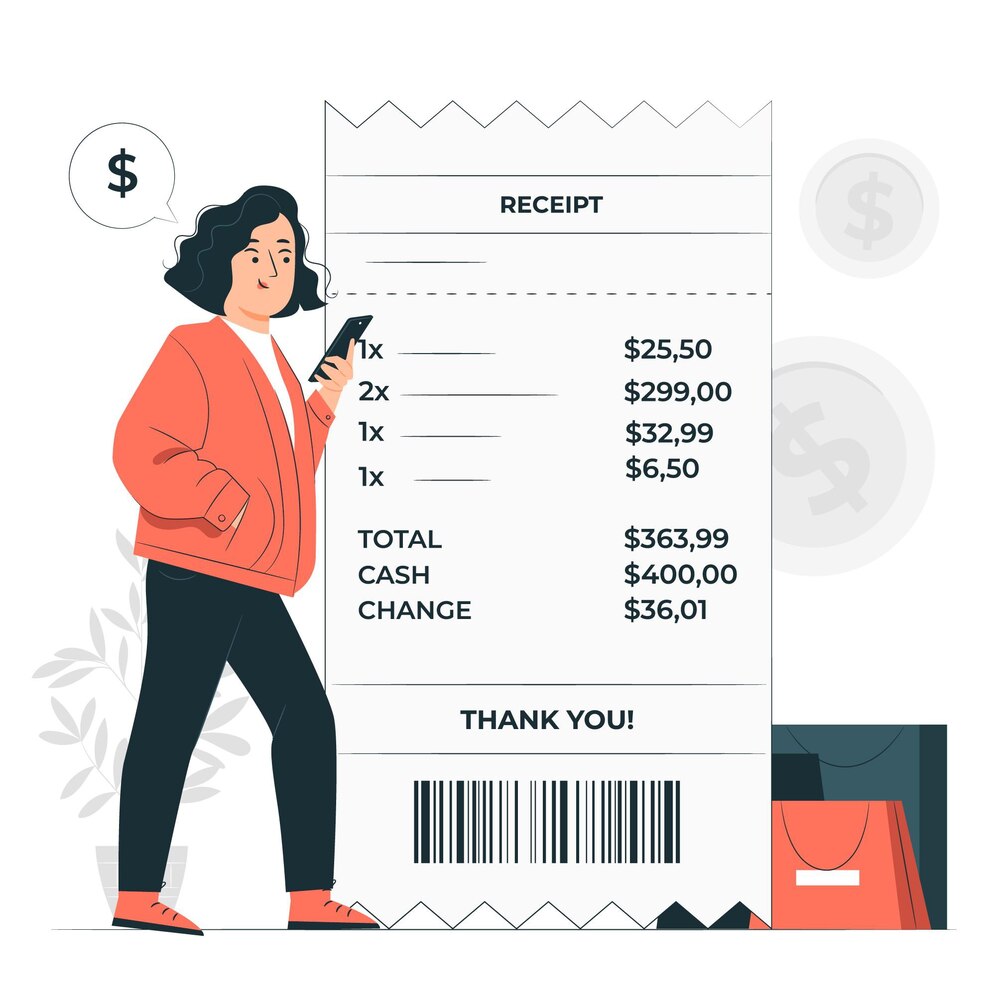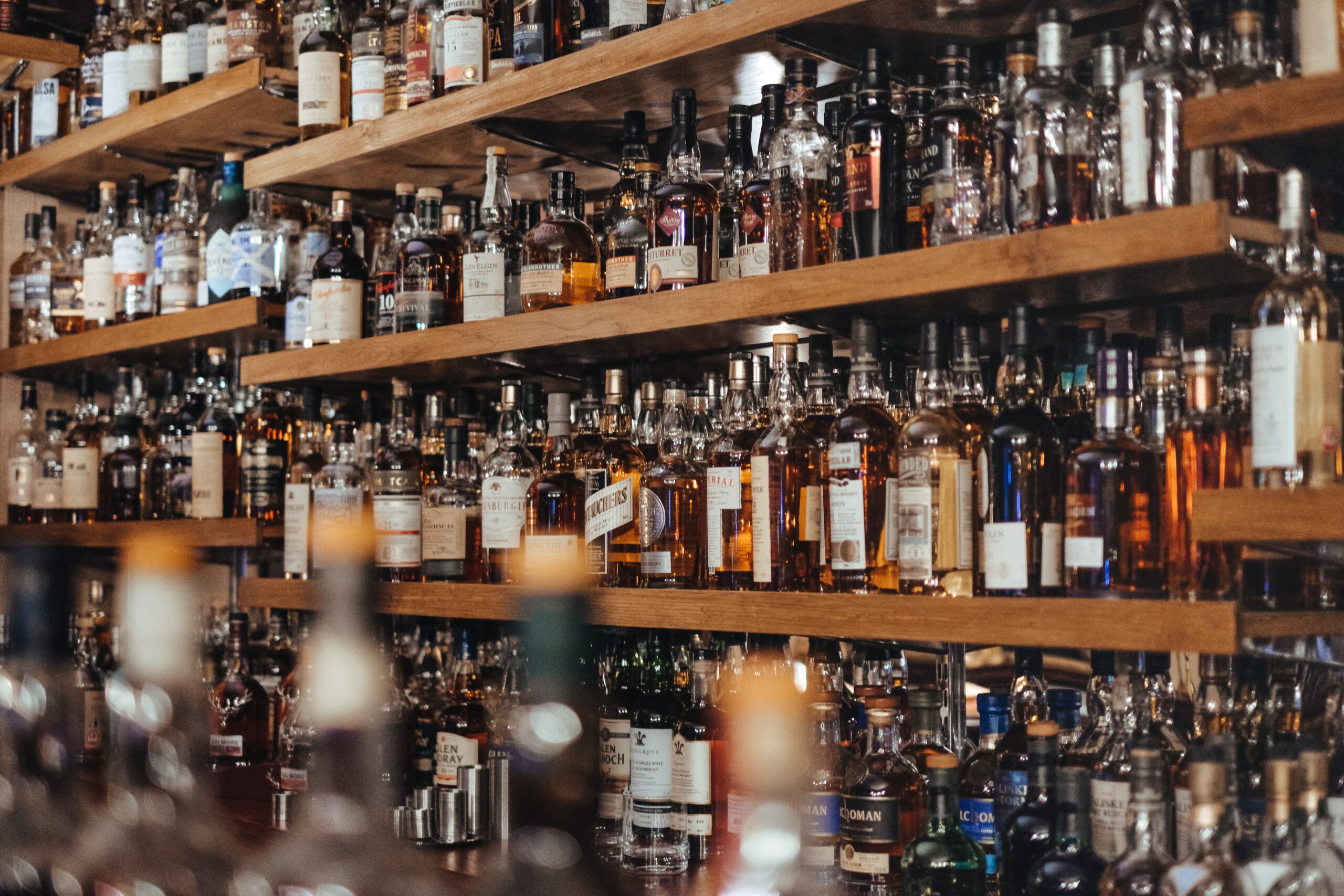In the context of the strong development of e-commerce and digital communication, advertising and introducing products and services through Influencers (influencers, KOLs, KOCs, etc.) have become a popular trend, contributing to shaping the consumer behavior of society. With wide reach and a high level of impact, the provision of inaccurate, incomplete, or non-transparent information about products and services by Influencers can cause serious damage to the legitimate rights and interests of consumers. To mitigate such risks, Vietnamese law, particularly the Law on Protection of Consumer Rights 2023, has stipulated the responsibility of Influencers during the process of advertising and introducing products and services.
This article aims to briefly introduce the legal responsibility of Influencers when providing information about products and services to consumers in accordance with Vietnamese laws on the protection of consumer rights. The article includes the following main contents: (1) analyzing the criteria for identifying Influencers in accordance with applicable laws, (2) the legal obligations imposed on Influencers when providing information about products and services to consumers, (3) pointing out the legal consequences if these obligations are violated.
1. Influencers as defined by the provisions of the law
Pursuant to the provisions of Vietnamese law on the protection of consumer rights, Influencers are individuals with the following characteristics:
1.1. Experts, reputable persons, persons attracting public attention in specific fields, industries, or professions, including:(1)
a. Persons with qualifications, expertise, or experience in specific fields, industries, or professions, recognized by competent authorities or organizations
This group includes individuals with professional knowledge and experience in specific fields or industries and recognized by competent authorities or organizations through degrees or certificates such as doctors, pharmacists, medical specialists (healthcare sector), teachers, education specialists, education consultants (education sector), engineers, architects (technical sector), etc.
b. Exemplary persons with significant merits or contributions, reputable in society, specific fields, industries, or professions, recognized by competent authorities or organizationsExemplary persons with significant merits or contributions, reputable in society, specific fields, industries, or professions, recognized by competent authorities or organizations
This group includes individuals prominent for their achievements or contributions to the community, society, or a specialized field and officially honored or recognized by prestigious authorities or organizations, such as famous artists recognized by the State and awarded the title of Meritorious Artist or People’s Artist; athletes with outstanding achievements awarded the title of “Outstanding Young Citizen” or awarded the title of Hero of Labor by the State, etc.
c. Persons attracting public attention, with a considerable number of interested persons or followers on the media or having accounts eligible to participate in advertising or business programs on digital platforms
This group includes individuals attracting significant public attention through mass media channels or online platforms (social networks, blogs, forums, etc). Their level of influence is measured by the number of followers, high interaction rates, or their accounts meeting the criteria to participate in monetization programs from advertising or business provided by the platform itself. Their influence mainly comes from fame and the ability to reach the public widely.
1.2. Sponsored by business organizations or individuals in any form to use their image, advice, or recommendations for trade promotion or to encourage consumers to purchase or use products, goods, or services
Vietnamese consumer protection law stipulates that Influencers must comply with the responsibilities as stated in Section 2 of this article when they receive sponsorship from business organizations or individuals such as manufacturers, brands, service business establishments. This sponsorship can be receiving a fixed remuneration according to sponsorship contracts, commissions, receipt of sample products, receipt of discount/free vouchers for using products/services, etc., for the Influencer to use their image or advice for the purpose of encouraging consumers to purchase or use products, goods, or services.
| Case as prescribed by law | Example |
| Persons with qualifications, expertise, or experience in specific fields, industries, or professions, recognized by competent authorities or organizations. |
|
| Exemplary persons with significant merits or contributions, reputable in society, specific fields, industries, or professions, recognized by competent authorities or organizations. |
|
| Persons attracting public attention, with a considerable number of interested persons or followers on the media or having accounts eligible to participate in advertising or business programs on digital platforms. |
|
2. Responsibilities of Influencers when providing information about products, goods, services
When providing information about products, goods, or services to consumers, Influencers must ensure compliance with the responsibilities and obligations stipulated in Article 22.3 of the Law on Protection of Consumer Rights, specifically as follows:(2)
| Legal obligations | Example of compliant behavior | Example of non-compliant behavior |
| Ensure the provision of accurate and complete information about products, goods, services provided by business organizations or individuals and related evaluation or rating programs (if any). | The Influencer reviewing a skincare cosmetic set describes the product ingredients fully, uses, intended users according to the documents provided by the brand, while also specifically mentioning personal actual experience (“skin brightened after 4 weeks”) and does not guarantee effectiveness for all skin types; and clearly mentions if the product might cause mild stinging for sensitive skin. | When reviewing the cosmetic set, the Influencer uses words exaggerating the product’s effects such as “completely cures melasma in 7 days”, “whitens skin by 3 tones”, etc., without evidence or official documents from the brand, leading to misleading information. Or the Influencer only mentions the skin brightening advantages while deliberately failing to mention that the product might cause irritation/stinging for sensitive skin despite knowing it (incomplete information). |
| Request business organizations or individuals to provide information, documents, means to prove the accuracy and completeness of the information about products, goods, and services. | Before accepting an invitation to advertise the dietary supplement collagen capsule X, the Influencer proactively sends a request to the manufacturer for documents and records such as the Business License, Certificate of Food Safety Eligibility, collagen ingredient test results, documents confirming the origin of ingredients such as the Notification of Food Confirmation Results Meeting Import Requirements (if advertised as “imported product”). | The Influencer solely relies on the information provided by the brand “Collagen imported genuinely from Japan, helps rejuvenate skin” and immediately posts the advertisement without requesting the brand to provide documents, records, or any papers proving the origin or actual collagen content before advertising. |
| Bear joint liability for providing inaccurate or incomplete information about products, goods, services, except where it can be proven that all measures prescribed by law have been taken to verify the accuracy and completeness of the information about products, goods, services. | The Influencer shall not be liable to compensate consumers for damages jointly with brand Z if they have proactively sent a request to brand Z for documents and records to prove the accuracy and completeness of information regarding the quality and origin of milk products produced by brand Z. | In case consumers experience health problems when using milk products from brand Z, the Influencer may be liable to compensate consumers for damages jointly with brand Z if the Influencer only promoted the product without requesting Brand Z for documents and records to prove the accuracy and completeness of information regarding the quality and origin of the product. |
| Notify consumers in advance about being sponsored to provide information about products, goods, services. | The Influencer clearly includes notes in the description (caption), uses hashtags like #sponsor, directly inserts text into the video “This video is sponsored by [Brand]” or clearly announces verbally in the video “Thank you [Brand] for sponsoring this video”. | The Influencer posts articles, creates video scripts promoting products/services as a personal real experience of using the product/service themselves, but has received sponsorship from [Brand X] without informing consumers about this sponsorship at all. |
3. Penalties
In the event of non-compliance with the regulations set forth in Section 2 above, the Influencer may:
- Be subject to administrative sanctions in the form of a monetary fine ranging from VND 20,000,000 to VND 30,000,000 for acts such as (i) providing inaccurate or incomplete information about products, goods, services; (ii) failing to notify consumers in advance about being sponsored to provide information about products, goods, services;(3)
- Be subject to administrative sanctions in the form of a monetary fine ranging from VND 60,000,000 to VND 80,000,000 for the act of advertising incorrectly or causing confusion regarding the business capacity, capability to supply products, goods, services of the business organization or individual trading products, goods, services; regarding the quantity, quality, price, utility, design, packaging, trademark, origin, category, service method, warranty period of the products, goods, services already registered or announced, except for cases stipulated in Clause 4 of Article 51, Point b of Clause 4 of Article 52, Clause 1 of Article 60, Point c of Clause 1 of Article 61 of 1 Decree 38/2021/ND-CP;(4)
- Face criminal prosecution for the Crime of False Advertising or the Crime of Defrauding Customers (Articles 197, 198 of the 2015 Criminal Code), depending on the nature, severity, and consequences of the non-compliant act.(5)
(1) Article 2.1 of Decree 55/2024/ND-CP.
(2) Article 22.3 of the Law on Protection of Consumer Rights.
(3) Article 47.3 of Decree 24/2025/ND-CP.
(4) Article 34.5 of Decree 38/2021/ND-CP.
(5) Articles 197, 198 of the 2015 Criminal Code.
Disclaimers:
This article is for general information purposes only and is not intended to provide any legal advice for any particular case. The legal provisions referenced in the content are in effect at the time of publication but may have expired at the time you read the content. We therefore advise that you always consult a professional consultant before applying any content.
For issues related to the content or intellectual property rights of the article, please email cs@apolatlegal.vn.
Apolat Legal is a law firm in Vietnam with experience and capacity to provide consulting services related to International Commercial & Trade and contact our team of lawyers in Vietnam via email info@apolatlegal.com.





































